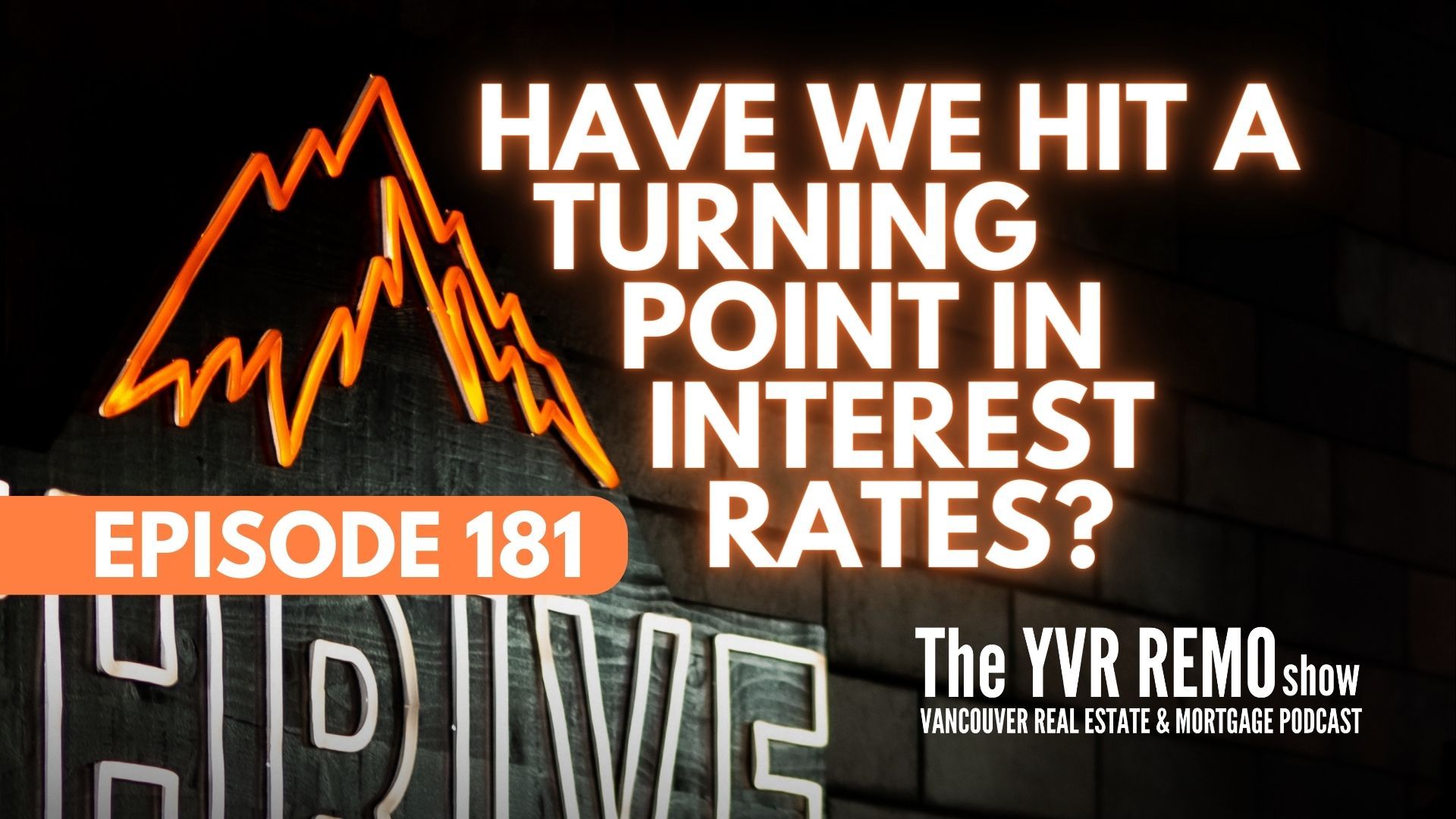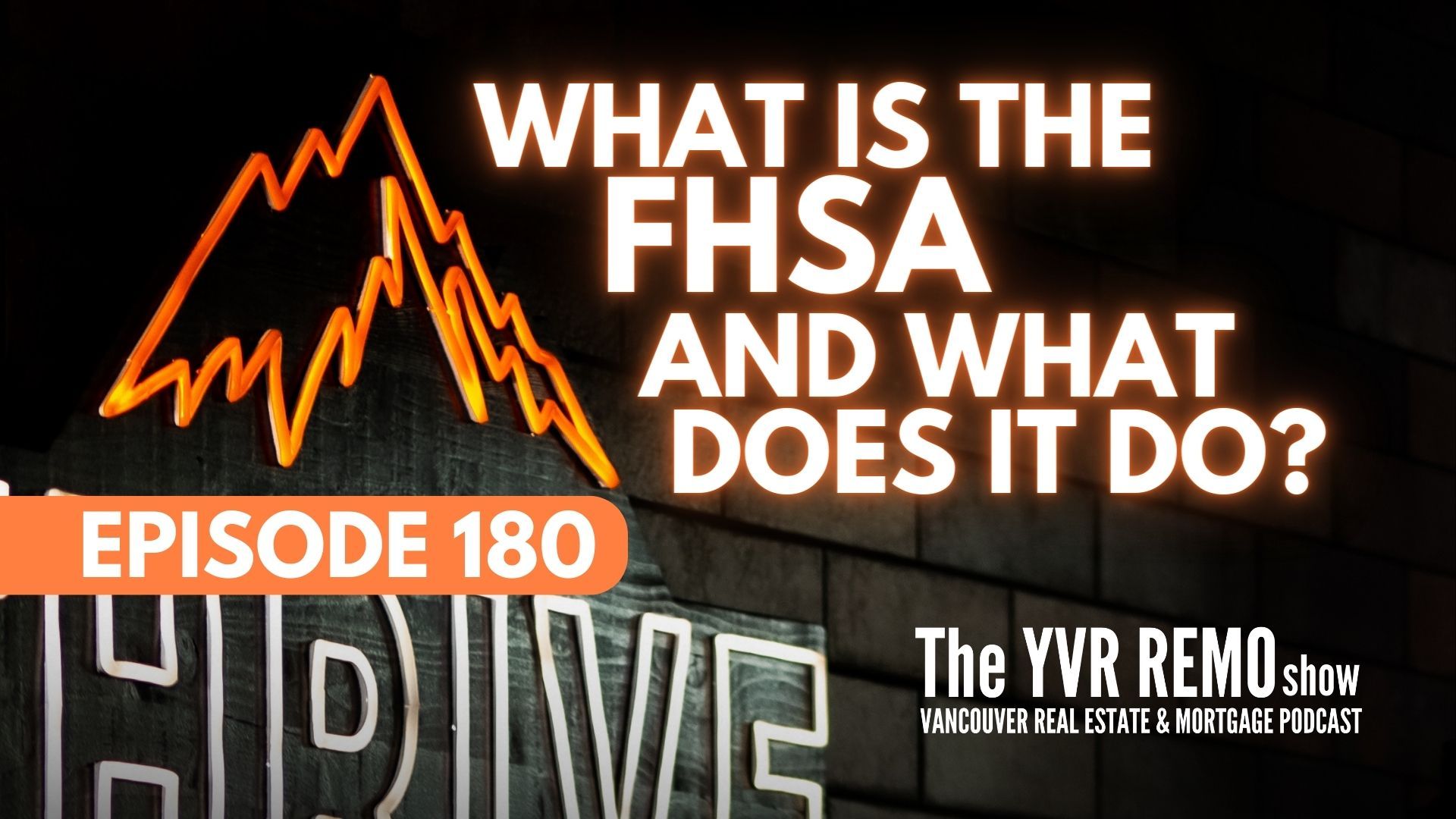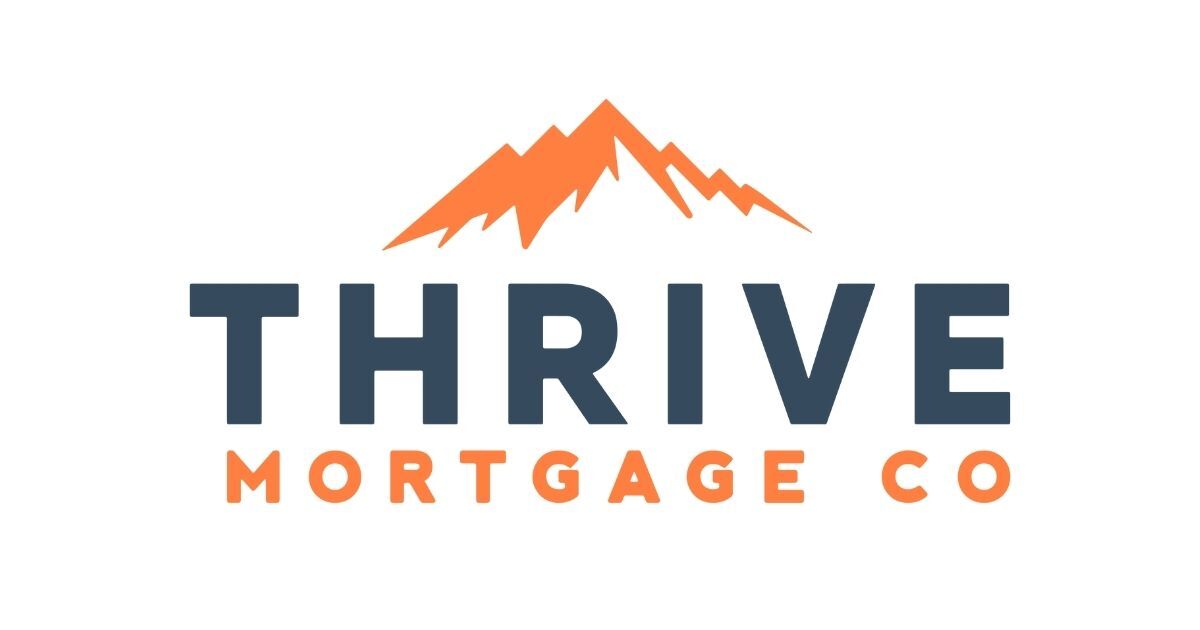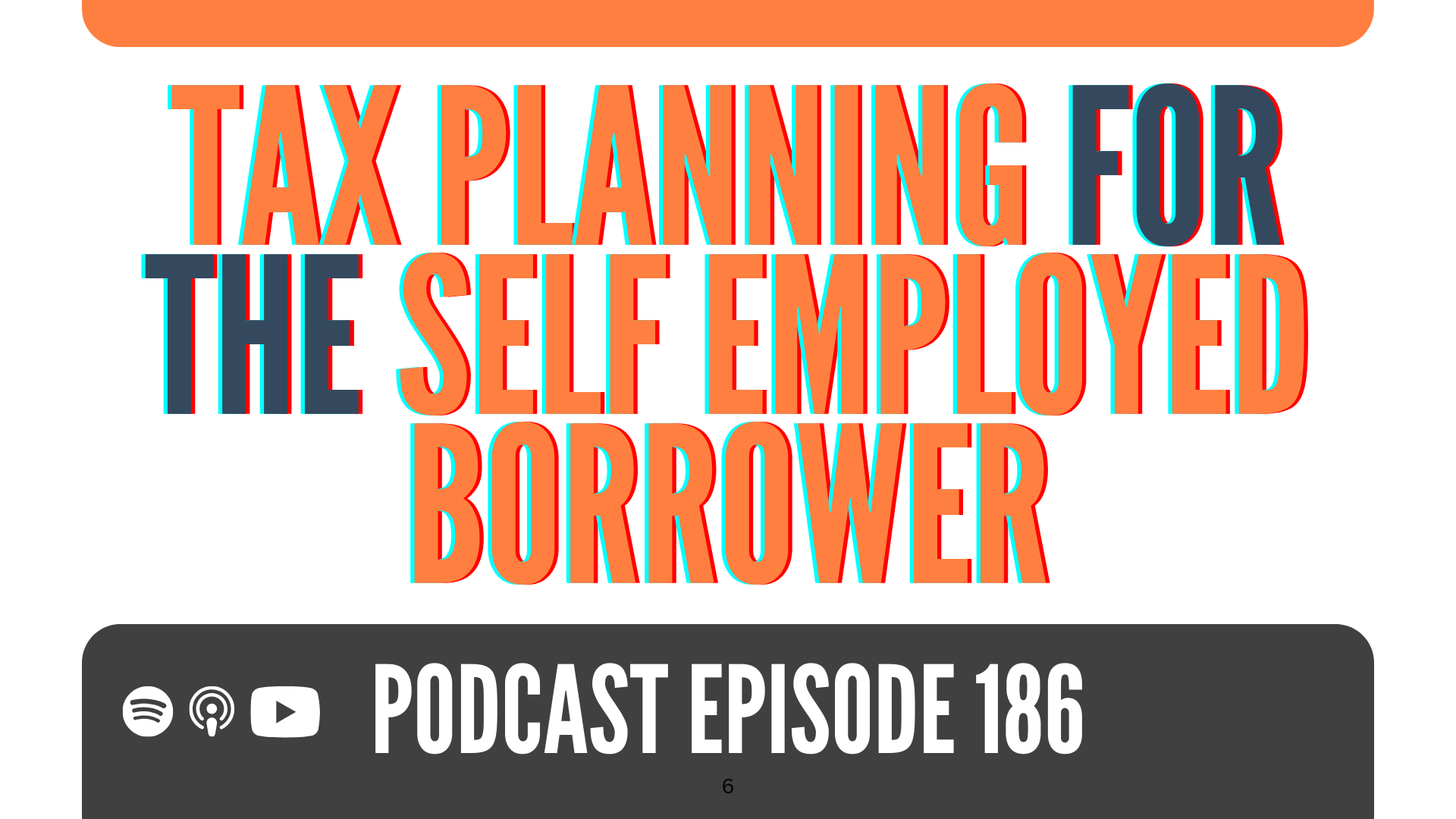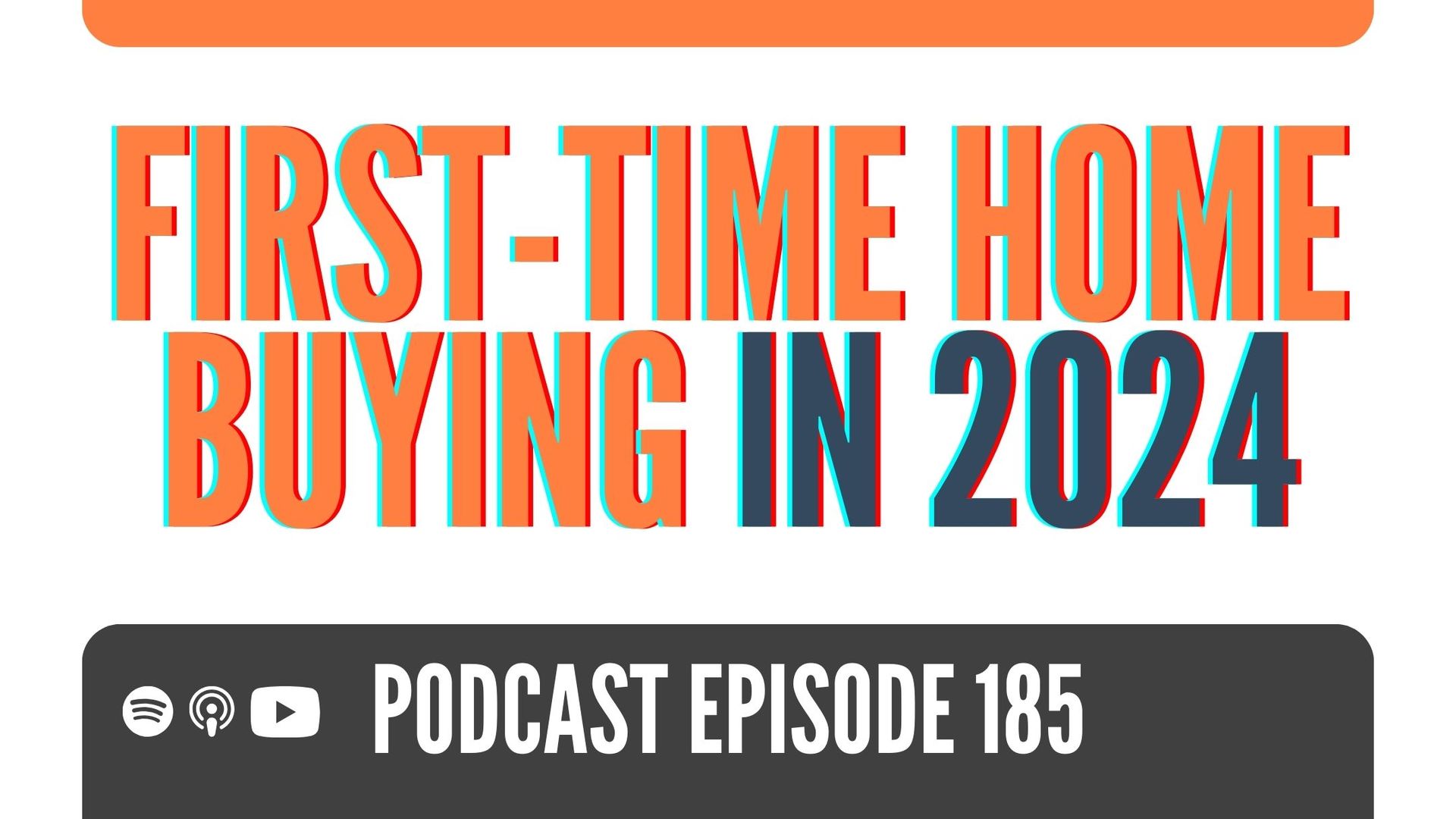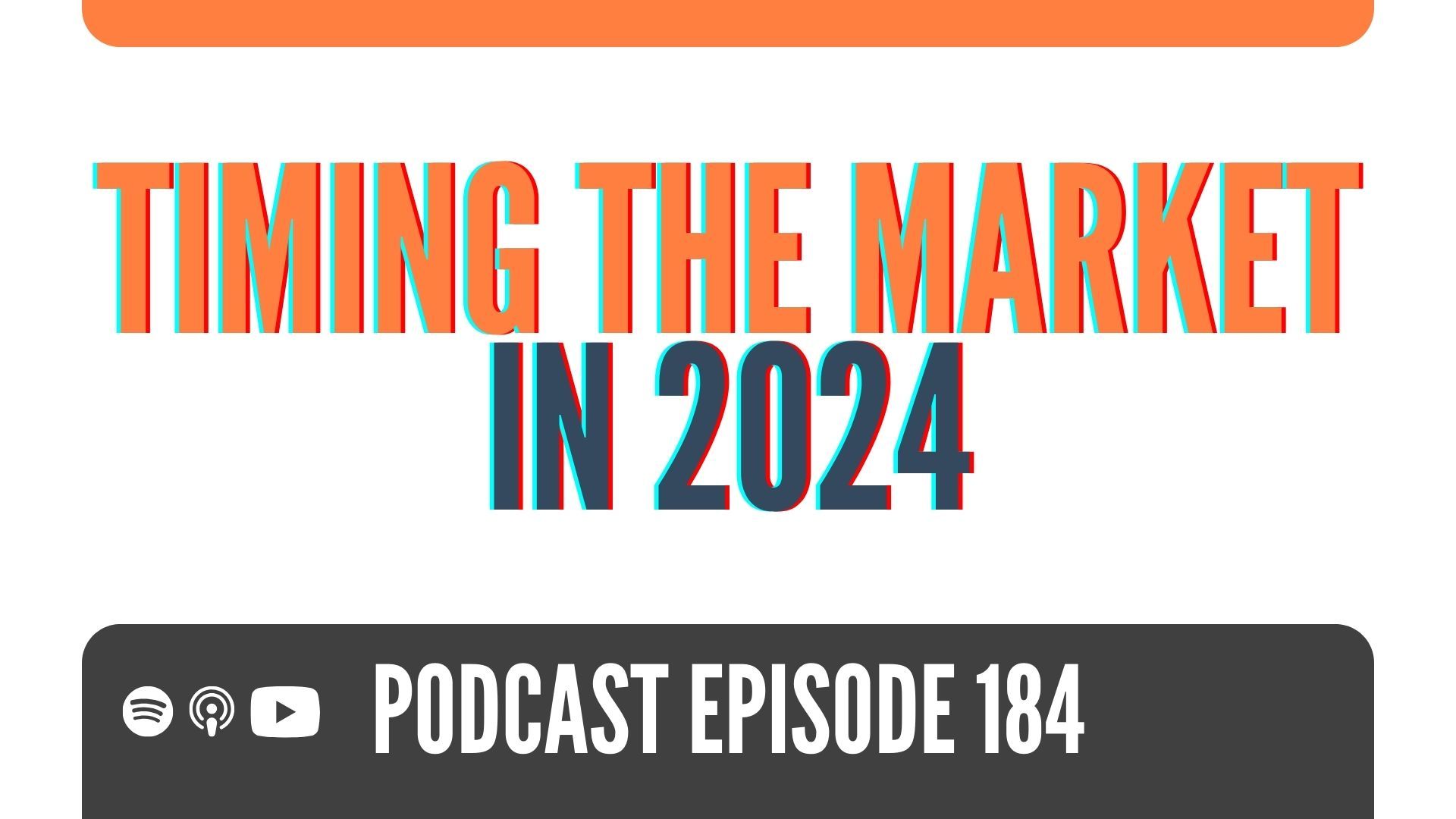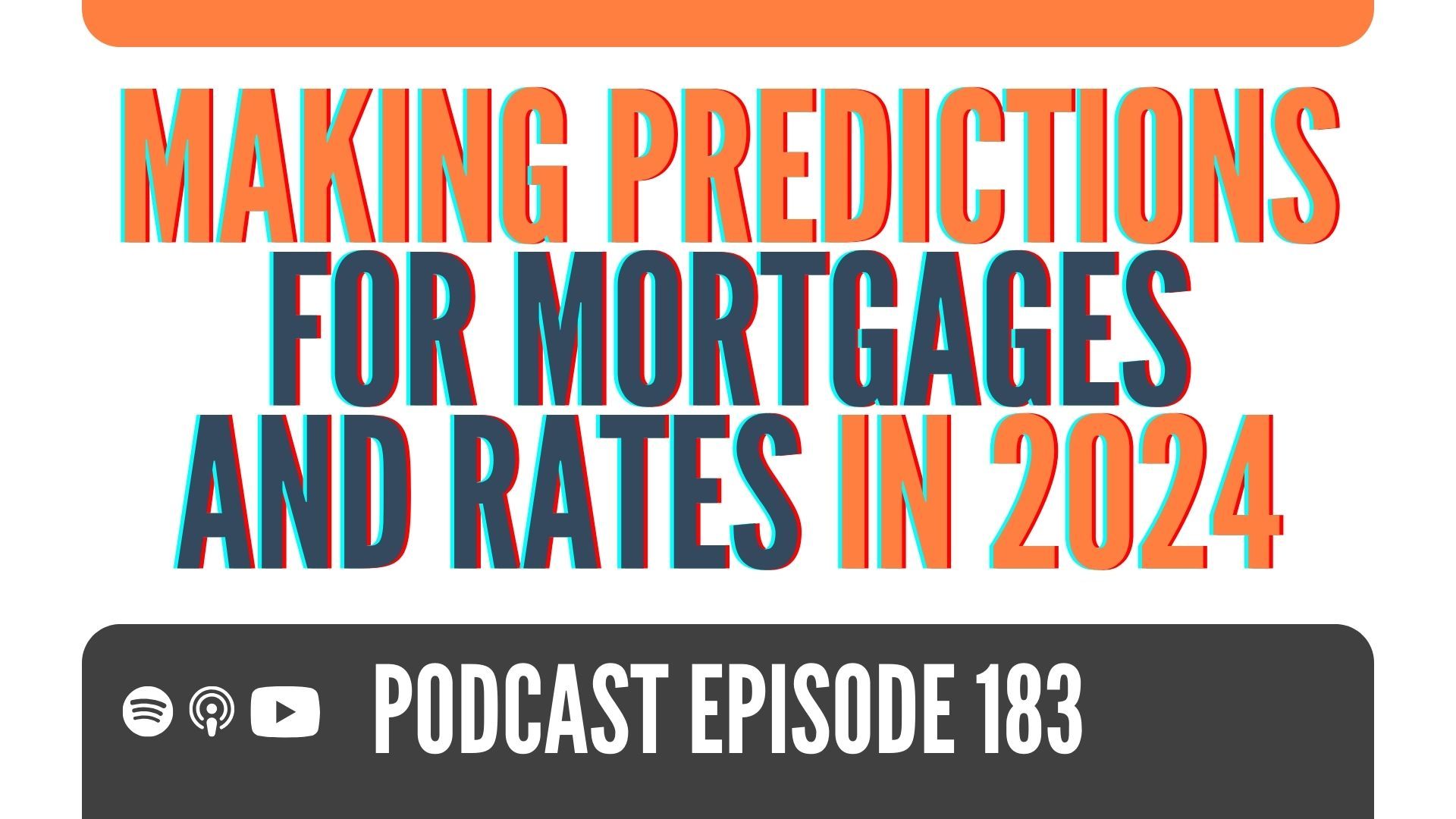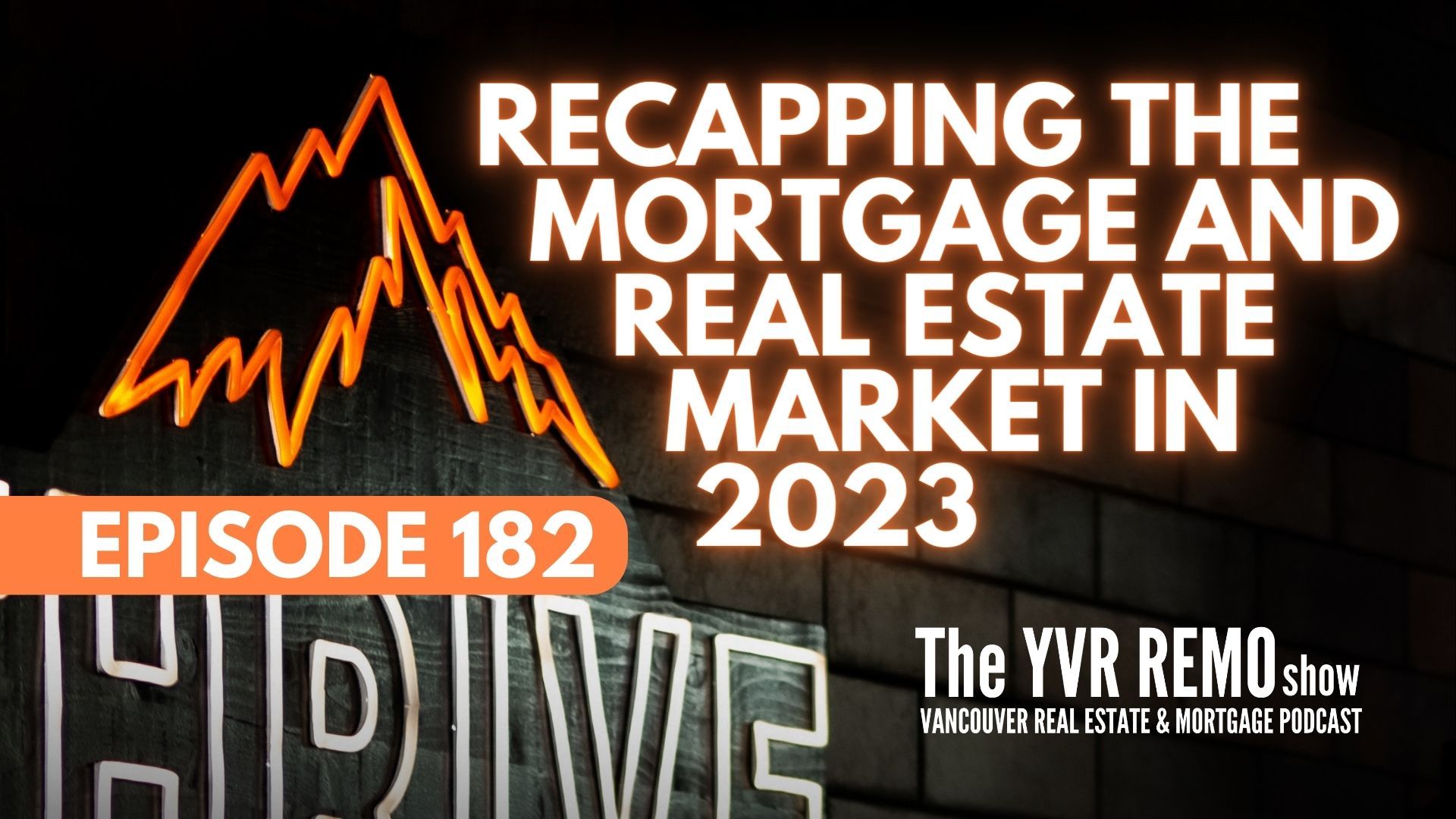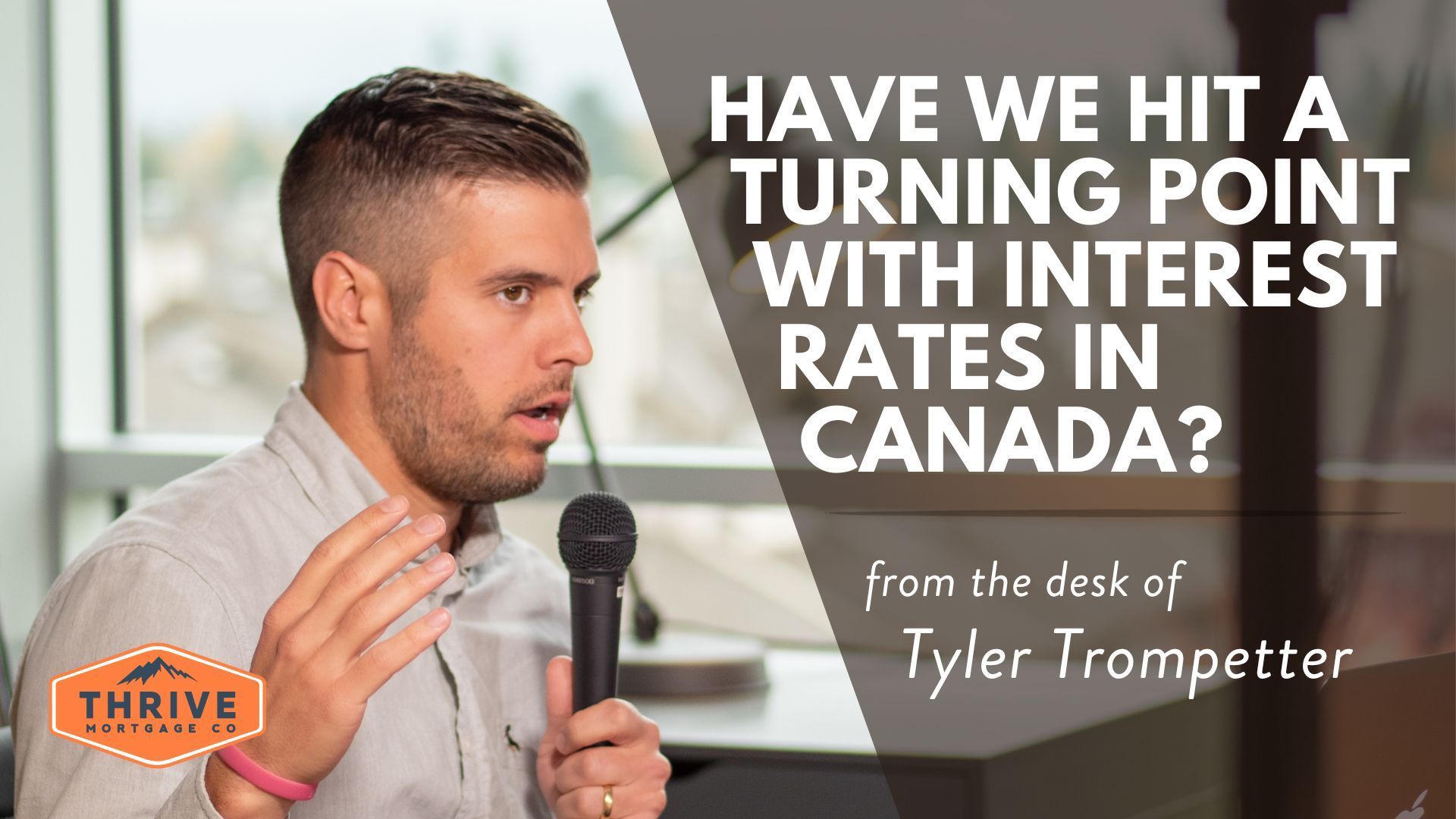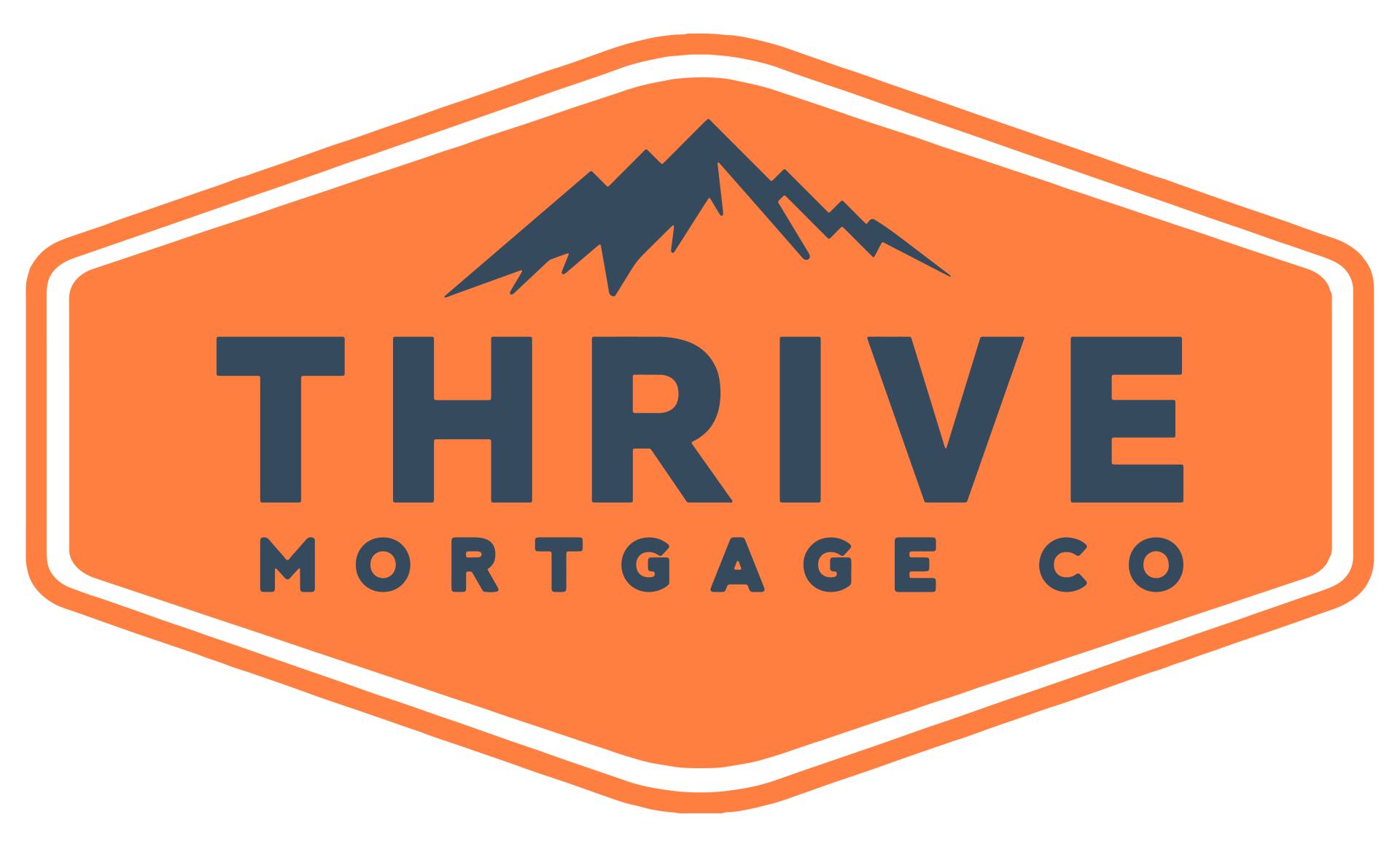Is It A Good Time To Buy Real Estate & What Will Impact The Market? | The YVR REMO Show Episode 139 | Mortgage Expert Series with guest Robert McLister
In today's episode, we have Robert McLister as our guest. Robert has been in the industry since 2004, originally starting as a mortgage broker, but then moving over into the online space where he developed a mortgage platform. Recently, he has also been an editor and contributor with The Globe and Mail on housing and mortgages. He likes to interpret data and provide his outcomes, which is why he's now moved on to provide a publication. We're subscribers over here and are big fans of his content.
Robert came onto our show today to talk about what's happening with interest rates and what he expects for the future.
What's going to impact buyers, real estate agents, and investors in the next year?
If you're at all involved in the market, you should listen to this episode in its entirety.
Why were you interested in understanding the logic behind the mortgage world and what makes you qualified to talk about it?
My wife and I got a mortgage and I had a horrible experience with a mortgage broker in Windsor, Ontario. We used to be equity traders and we had a system that worked great. The system stopped working because the market changed. We were still making money, but not not a lot of money. We decided to look for new opportunities.
We had a bad mortgage experience, and so we thought, how do we digitize this process to help people get information to make better mortgage decisions and help them save in the process? We started a mortgage website. It was a website called www.myvirtualmortgagebroker.com. We turned it into a business for helping self-directed mortgage borrowers. We also started a site called Canadian Mortgage Trends, which covered the Canadian mortgage market. I did that because I needed to learn about mortgages. I didn't know anything about mortgages when we first started, and writing about them helped me learn about them. The next move was starting another site called Web Rates which was rate comparison website. After selling those websites, here I am today, still writing about mortgages for The Globe and Mail and our industry publication, www.mortgagelogic.news.
How would you describe the mortgage market?
Much weaker than last year at this time. The cycles go up and down, meaning we can't have 40% volume growth every year.
Is there any common trends that you're seeing right now leading up to what we think is going to happen with a recession?
Heading into recession, typically, we get an inverted yield curve and our yield curve is very inverted right now. It's the difference between long term rates and short term rates. Normally, long-term rates are higher than short-term rates, but when they're inverted, is typically a precursor to a recession. We're seeing that now. We're seeing credit spreads widen out. Think of it as the difference between what a bank pays for funding versus what the government pays for funding. That gap is widening and banks are paying more which is translating through to mortgage rates.
When was the last time that you saw some of these flags?
Coming into the last recession, we saw similar things. Things got hairy back in the global financial crisis. That was around 2008. When rates are shooting up, you have an inflation problem. You have the economy at risk and you have basically lenders pricing in more credit risk. You have investors who fund the lenders, charging the lenders more because there is more risk. There are similar patterns in every difficult cycle.

Deryk Williamson
When the pandemic hit, we saw lenders scale back and they took away key programs. They tried to tighten up because there were a lot of unknowns in the future.
We're seeing a lot of rate increases, which means there are a lot of risks. There's a recession looming, but we haven't seen a lot of lenders scale back. We haven't seen lenders take away programs, we've seen some lenders extending amortization. It seems like some lenders are getting a little bit more creative with this market, where it was a different mindset when COVID hit and I think that was probably because COVID was an unknown.

Robert Mclister
Every lender is different. It's hard to generalize using anecdotes. I just reported a few lenders that extended their amortizations 35 and 40 years. That's happening more often. Every lender has a playbook and so some lenders are pulling back. Some lenders are confident in their underwriting procedures and they're trying to ramp up business in a shrinking market. When you have a down cycle, home prices diving, and you're coming into a recession, then job number one is to mitigate risk. Save more for your shareholders when you're avoiding big losses versus incrementing your revenue in a shrinking market.
Do you think it's a market play by lenders looking to gain opportunity or do you think they're comfortable lending to borrowers because there's strength in our economy?
You have some lenders offering longer amortization. They're trying to drum up more business in a market with fewer opportunities. You also have stress test rates around 8% or above. To help people qualify and get deals done, you have to give people more leash but everything comes down to underwriting.
In a recession, more people lose their jobs. There's only so much you can do, but lenders are careful. Nobody wants to stick out especially regulated lenders, because regulated lenders are under a microscope. No one wants to take risks, especially when sub-markets are down over 20% real estate value-wise in seven months.

Alex McFadyen
Underwriting as a term, it's how a bank looks at your mortgage application and decides whether or not you are approved. There's a lot more to it but as a general rule of thumb, it's them looking at the guidelines and making sure that you qualify based on your job and situation. There are people called underwriters that are ensuring that is a possibility
If home values continue to dip and then stay where they are. at what point do you think this could become an issue or challenge? How should people be thinking about this?
We've been through this before. We had a pretty weak real estate market but people are more leveraged now. We also have more strict underwriting guidelines. Lenders are more careful today than they ever had been and so home prices stay lower for a while. It's got some negative economic impact. There's so much of our economy tied to real estate.
Do more people default because of it?
Long term, the trend is up, unless something dramatically changes with household formation. The Government of Canada decides that maybe letting 450,000 people in our country every year is not a good idea. I don't see that happening anytime soon. We're not building enough homes. CMHC just came out with a report talking about how we just don't have enough tradespeople to construct homes at the pace that's needed.
There are affordable housing targets in 2030. It's a significant shortage of people to build and construct homes in this country. That's on top of all the other regulatory red tape. Long term, there are a lot of great fundamentals. That's not changing. Yes, we're going to have a recession, it could be a bad one. Employment is going to spike further and people are going to lose their jobs. That's going to push up arrears like it always does in recessions. We're just going to have to ride it out.
How to Reach US! 📲
Call 604.398.5575 or Email us!
More Questions or READY to get started!?
Just Ask US > Click Here to set up a call or EMAIL us
